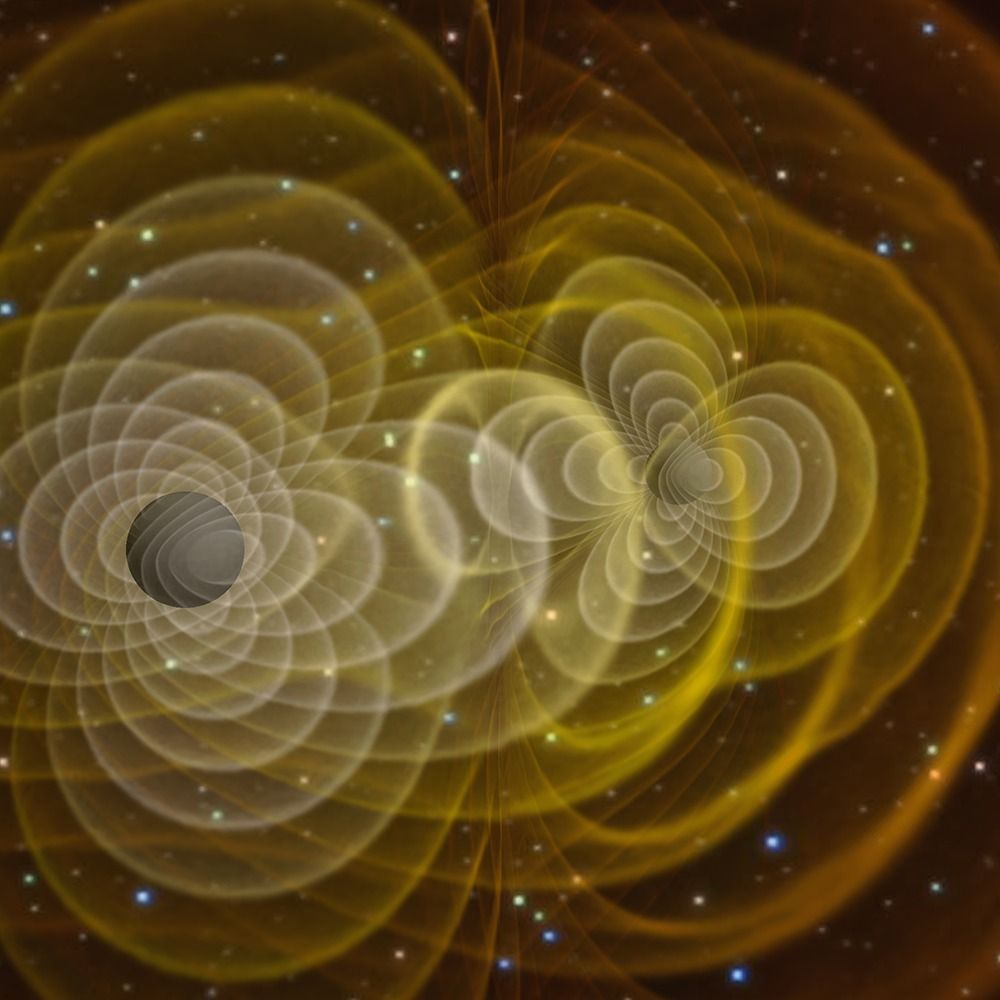Gravitational waves, first detected in 2016, offer a new window on the universe, with the potential to tell us about everything from the time following the Big Bang to more recent events in galaxy centers.
And while the billion-dollar Laser Interferometer Gravitational-Wave Observatory (LIGO) detector watches 24/7 for gravitational waves to pass through the Earth, new research shows those waves leave behind plenty of “memories” that could help detect them even after they’ve passed.
“That gravitational waves can leave permanent changes to a detector after the gravitational waves have passed is one of the rather unusual predictions of general relativity,” said doctoral candidate Alexander Grant, lead author of “Persistent Gravitational Wave Observables: General Framework,” published April 26 in Physical Review D.
